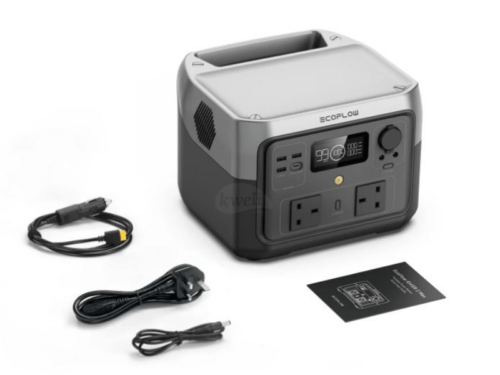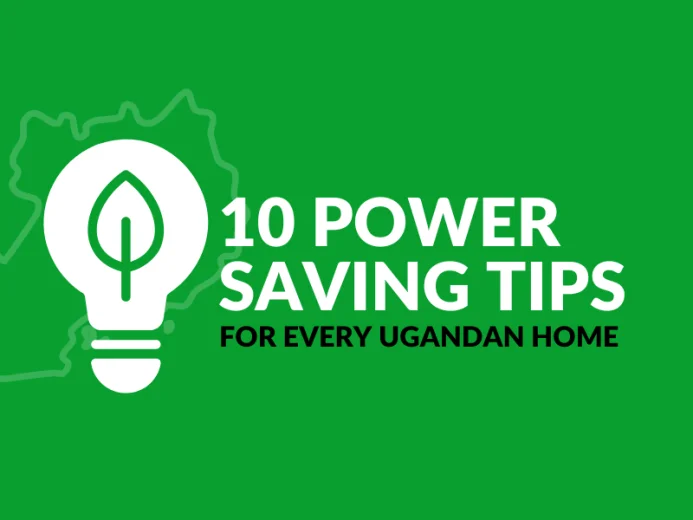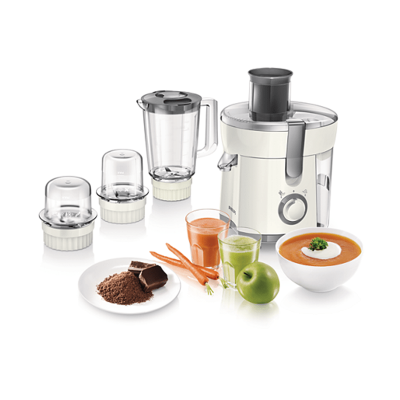Finding ways to save on electricity bills is not only financially prudent but also environmentally responsible. For Uganda residents, where access to affordable and reliable electricity can be a challenge, implementing energy-saving measures is crucial. In this article, we will share expert tips on how to reduce your electricity consumption and lower your bills, helping you save money while promoting sustainable living.
1. Unplug Idle Electronics:
Many electronics continue to draw power even when not in use. Unplug chargers, televisions, and other devices when they’re not actively being used to eliminate unnecessary standby power consumption.
2. Maximize Natural Lighting:
Take advantage of Uganda’s abundant sunlight by opening curtains and blinds during the day. By utilizing natural lighting, you can reduce your reliance on artificial lighting, resulting in lower energy consumption.
3. Set Optimal Refrigerator Temperature:
Adjust your refrigerator temperature settings to the recommended levels – around 2-5 degrees Celsius (35-41 degrees Fahrenheit) for the fridge compartment and -15 to -18 degrees Celsius (5-0 degrees Fahrenheit) for the freezer. Avoid frequent door openings and keep the refrigerator organized to maximize efficiency and reduce energy consumption.
4. Embrace Energy-Efficient Cooking Methods:
Consider energy-efficient cooking methods such as pressure cookers or microwave ovens. These appliances consume less electricity and can significantly reduce cooking time, helping you save both time and energy.
5. Embrace Hybrid Systems:
Investing in a hybrid system that combines solar power and grid connectivity allows you to leverage the benefits of both energy sources.
During the day, rely on solar energy to power your home or business, and switch to grid power during peak demand or when solar production is insufficient.
6. Optimize Solar Energy Usage:
Make the most of your solar power by adopting energy-efficient practices. Utilize solar energy for essential appliances and lighting during daylight hours, reducing your dependence on grid power.
7. Time Your Energy Consumption:
Take advantage of time-of-use pricing by using high-energy-consuming appliances during off-peak hours when electricity rates are lower. Program your hybrid system to automatically prioritize solar energy usage during these periods.
8. Smart Power Management:
Implement smart power management practices to optimize energy usage. Use power strips with surge protectors and switches to completely power off standby electronics, eliminating phantom loads that drain energy.
9. Educate and Involve Occupants:
Raise awareness among family members or employees about the importance of energy conservation. Encourage them to adopt energy-saving habits, such as turning off lights when not in use, and properly maintaining appliances.
10. Air-dry clothes:
Rather than using a dryer, take advantage of Uganda’s sunny weather and air-dry your clothes. Dryers consume a considerable amount of electricity, and air-drying can help you save energy and reduce your bills.
Bonus:
Consult Kweli.shop Experts:
At Kweli.shop, we are committed to helping you achieve maximum energy efficiency. Our team of experts can provide personalized advice and recommend the most suitable hybrid systems and energy-efficient appliances for your specific needs.
By implementing power-saving practices and harnessing the capabilities of hybrid systems, you can significantly reduce your electricity bills while contributing to a sustainable future. Explore Kweli.shop’s range of hybrid system solutions and embrace the power of solar energy combined with grid connectivity. Start implementing these energy-saving strategies today and enjoy the benefits of lower energy costs and a greener environment.










